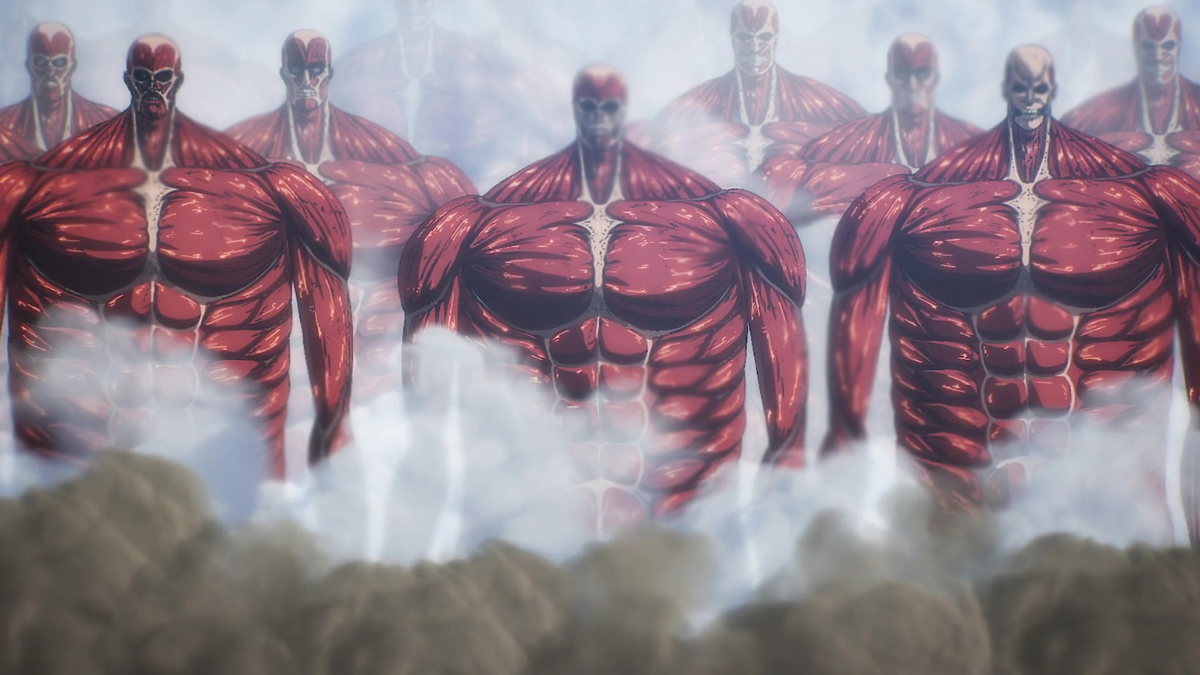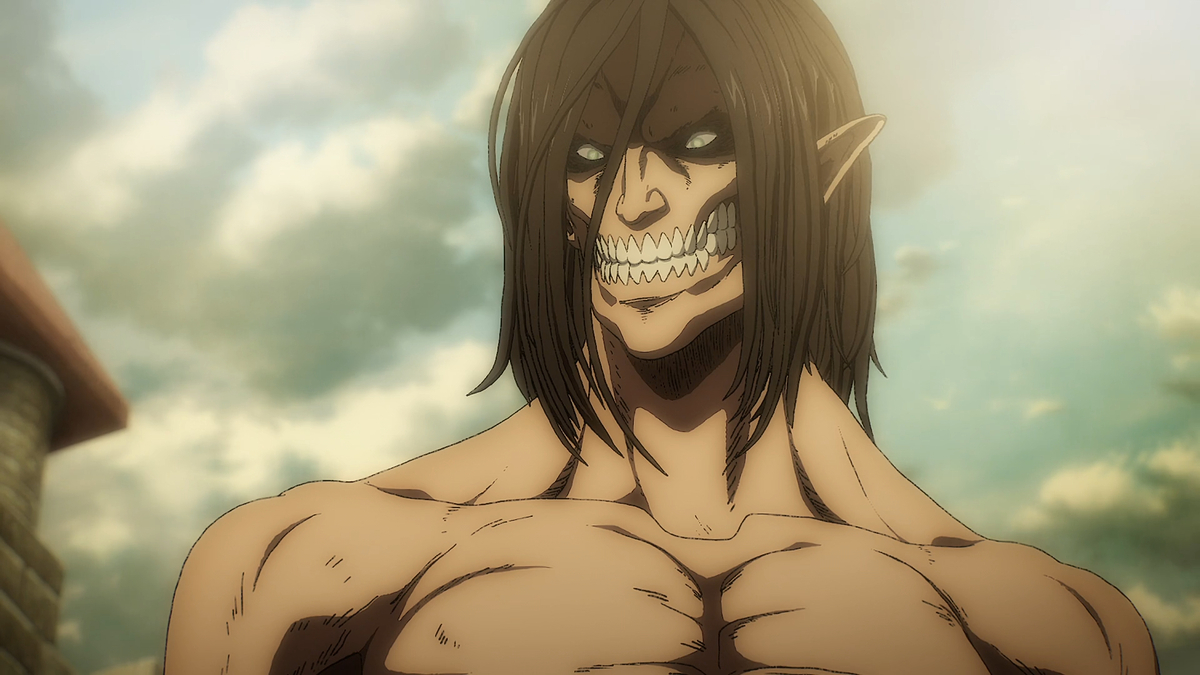
The politics surrounding the immensely popular anime — Attack on Titan — have always been a double-edged sword. Taking place in the walled-off community of Paradis, the citizens exist under the constant threat of Titan attacks.
Titans are large cannibalistic monsters that consume humans just for the thrill of it. At a formative age, young Eren sees one such monster gobble his mother, and so his quest for revenge begins. But the immersive lore and militarism of the series — which makes it so compelling — also has shades of controversy. Especially in the current culture, no one wants to see pro-militarism. The writer of the manga, Hajime Isayama, has been accused of fascist ideals because he has made public his opinions on Imperialist Japan and the colonization of Korea. Japan’s war crimes were for public record, and critics for Polygon — among many others — were discomfited by these parallels. But these similarities aside, the end of Attack on Titan still did not sit right with many viewers.
Eren is the weakest link in Attack on Titan

Throughout the main drag of Attack on Titan, Eren Yeager is one of the main characters who is propped up to be the hero. By all accounts, his character arc seems to be that he will win the battle against the Titans because he has justice on his side. But just because a character is the protagonist does not mean that they’re the hero. Eren takes a sudden turn when he decides to enact genocide via The Rumbling. By summoning a cataclysm of Colossal Titans, Eren planned for them to travel the Earth and destroy everything in their path. Eren had long since lost any moral high ground and became a villain.
This character turn could have been in an interesting progression like Walter White (Bryan Cranston) in Breaking Bad, but it becomes even more confusing when viewers get a flashback to Eren’s conversation with Armin. Eren says his plan is actually to purposefully become the villain so his friends can be the heroes and strike him down. Many fans found this character progression confusing and made Eren’s motivations even more murky.
Whether he is good or bad doesn’t ultimately matter because his adoptive sister and potential love interest, Mikasa, strikes him down. After decapitating him, she kisses his severed head on the lips and goes to bury him under his favorite tree. Eren’s decision does lead to his intended conclusion. Because of his actions, his friends have saved the world and paved the way for peace. But that isn’t exactly the end. In the manga’s coda, it appears that down the line, peace isn’t so easy. Even after all of Eren’s efforts, the cycle of violence continues and the technology that allows one to transform into a Titan could fall into human hands again. Fans were disturbed by this macabre ending that seems to promote militarism.
But isn’t that the way of the world? The military of Paradis is presented as corrupt, and nothing good comes out of war. Concepts like slavery and genocide are represented, but never in a positive light. One could argue that the whole conceit of Attack on Titan is an anti-war message. And there is never a clean resolution to war. Showing Paradis crack and crumble under military might is undoubtedly depressing, but it is realistic. In real life, nothing ends with a clean-cut ending that makes everything happy, but many fans lost the plot thread. The true crime of Attack on Titan was perhaps being so ambiguous that these messages were lost and made everyone confused.
Why is the ‘Attack on Titan’ ending so controversial?
Updated Flash Report
0 Comments